

Jeremy Brecher is a historian, documentary filmmaker, activist, and author of 15 books on labor and social movements. He has participated in movements for nuclear disarmament, civil rights, peace in Vietnam, international labor rights, global economic justice, accountability for war crimes, climate protection, and many others.
A lifelong Connecticut resident, Brecher served as Humanities Scholar-in-Residence at Connecticut Public Television and Radio. He wrote and/or produced more than a dozen documentaries, mostly on Connecticut topics, including five on Connecticut African-American history, Connecticut Native American history, and Connecticut Puerto Rican history.
He was producer, writer, and host of Connecticut Public Radio’s Remembering Connecticut, which broadcast more than 80 radio programs on a wide variety of Connecticut topics. He is the author of two books on Connecticut working class history, “Brass Valley: The Story of Working People’s Lives” and “Struggles in an American Industrial Region” and “Banded Together: Economic Democratization in the Brass Valley.”
Jeremy is the author of three books on climate change, “Climate Insurgency,” “Climate Solidarity,” and” Against Doom.” His two most recent books, “Save the Humans?: Common Preservation in Action” and “Common Preservation in a Time of Mutual Destruction” address the possibilities for a human survival movement in the face of climate destruction and other threats to human survival.
Jeremy Brecher is a founding member of the Connecticut Roundtable on Climate and Jobs and co-founder and senior strategic advisor for the Labor Network for Sustainability.
Jeremy’s books and documentaries can be downloaded free on his website.
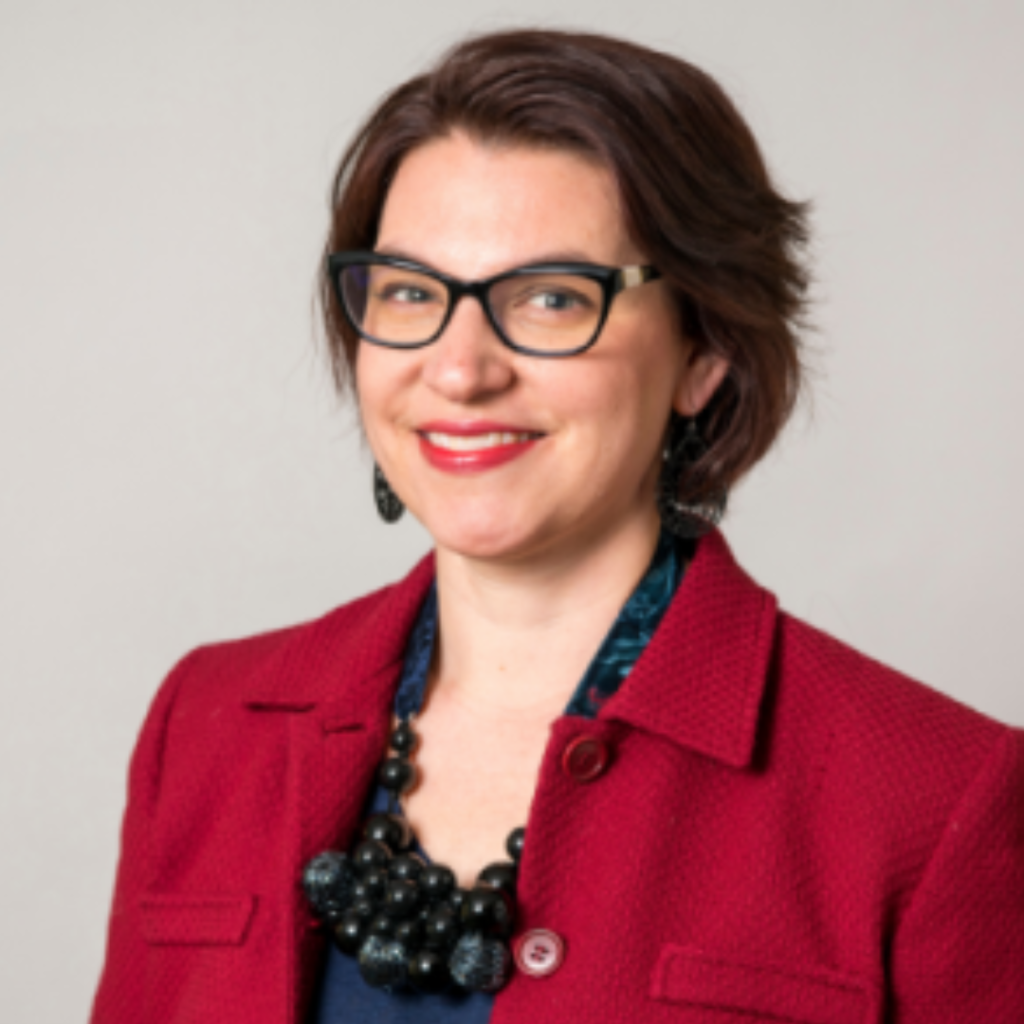
Mary Donegan is an Assistant Professor-in-Residence in the University of Connecticut’s Urban and Community Studies program. Mary’s research is driven by questions of how local governments and institutions can leverage scarce resources to foster socially just and environmentally sustainable economic and community development.
At UConn she teaches courses on urban development and planning, urban sustainability, research methods, and economic development and justice. She is particularly dedicated to promoting sustainable, multimodal transportation options and can often be found walking, biking, and riding transit.
She holds a Master’s and Ph.D. in City and Regional Planning from the University of North Carolina at Chapel Hill and an undergraduate degree from Wellesley College in economics and Russian area studies.
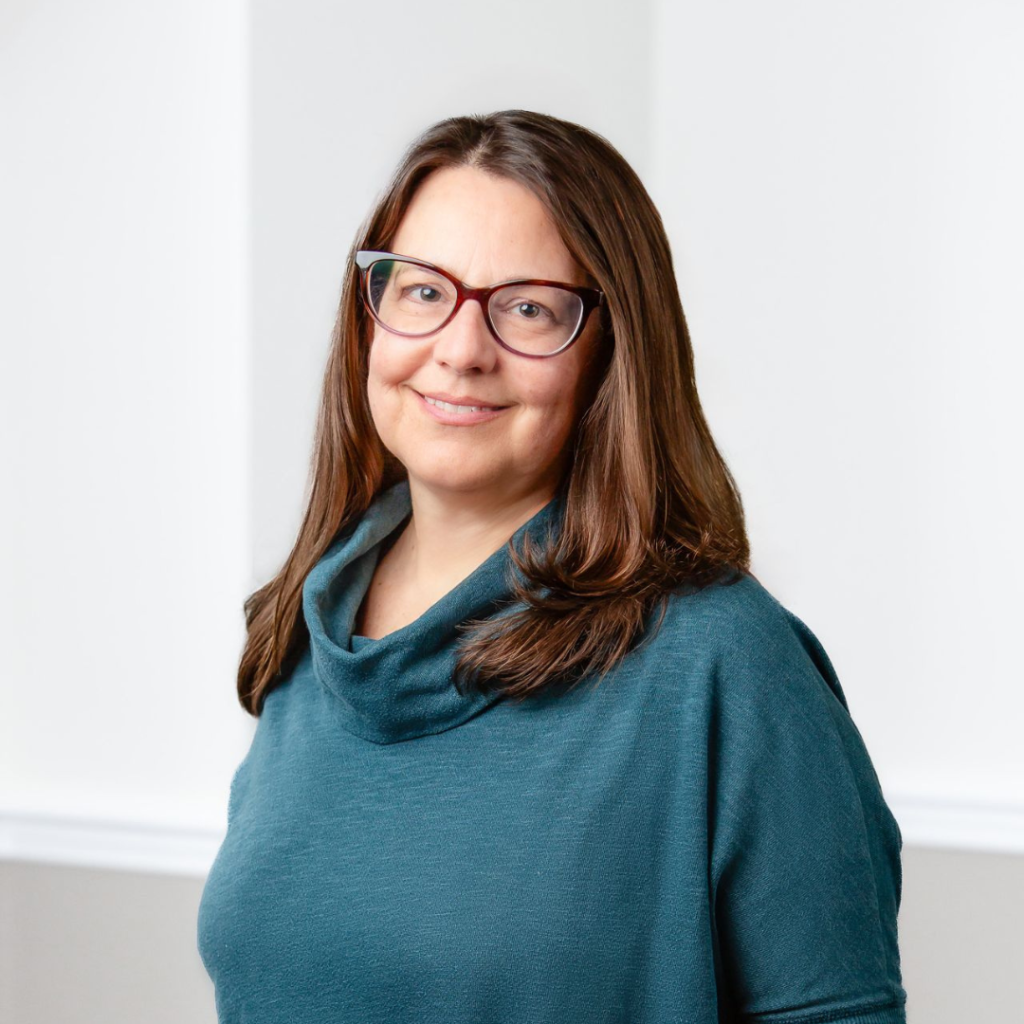
Samantha is the State Director of Sierra Club’s Connecticut Chapter, and new to the CRCJ Board. She works alongside dedicated staff and volunteers organizing activists to fight climate change, reduce pollution, protect wildlife, and eliminate threats to air, water and land. While new to the CRCJ Board, Samantha has collaborated with CRCJ on numerous efforts including advocating for offshore wind, and co-authoring this op-ed in the CT Post on the importance of a just transition with John Harrity. Prior to joining the Sierra Club, Samantha was Director of Advocacy and Outreach for 10 years at the Connecticut Early Childhood Alliance. She grew up in Wethersfield and West Hartford, and graduated from UCONN.
When not advocating for a livable planet, Samantha can be found hiking, gardening, cooking, and enjoying virtual and real life puzzles and games.
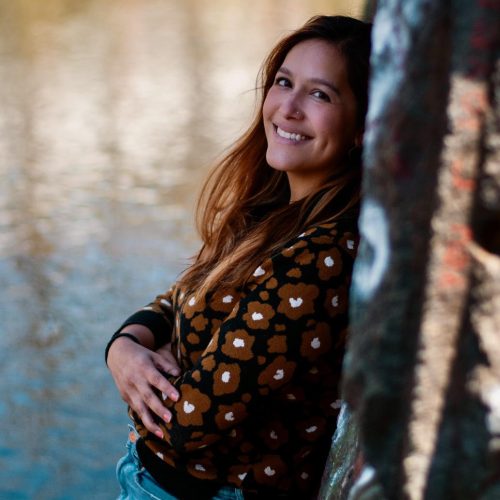
Renee Hamel has worked in different capacities in the Connecticut labor movement over the past five years. She recently served as Communications Coordinator with AFSCME Council 4, representing 30,000 public sector workers throughout the state and is co-chair of Council 4’s Environmental Committee. With over a decade of experience, primarily in Hartford, some of her past work includes coordinating after-school programs and conducting evaluation and research for local food insecurity initiatives.
As a social work and public health graduate student at the University of Connecticut, she organized students to attend the People’s Climate March and led presentations for classes about the intersection of climate change, human rights, public health, & social justice.
Her involvement with the Roundtable emphasizes support for a green economy that enables sustainable job growth for the most vulnerable & disenfranchised – not only those disproportionately impacted by climate change but including a thoughtful and intentional “just transition” of workers.
Renee is proud to be among the inspiring leaders of the Roundtable and grateful for the opportunity to merge two passions of climate justice and labor activism.
Read this piece by Renee and board member Dan W. McInerney on how labor is leading in the green economy.
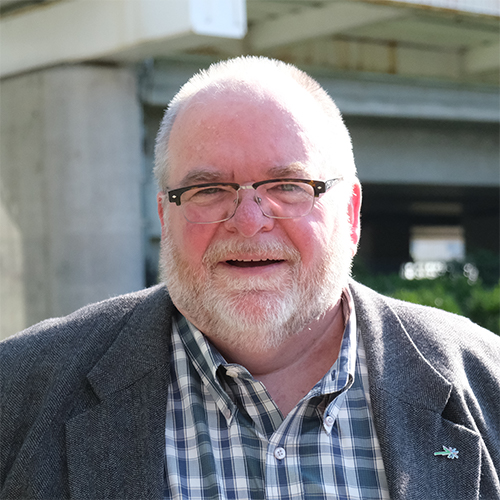
John Harrity is a founding member of the Connecticut Roundtable on Climate and Jobs and currently serves as Board Chair Emeritus. John also serves on the Board of the Connecticut Green Bank, a quasi-public agency that has leveraged $1 billion in private/public investments in CT renewables, creating more that 13,000 jobs. He was also a founding member and Vice Chair of the CT Fuel Cell and Hydrogen Coalition, a fuel cell industry group. John served as President of the CT State Council of Machinists from 2012 to 2018. He represented CT labor on the CT Employment and Training Commission and the Manufacturing Innovation Fund Advisory Board.
He has a BA from the University of Connecticut and an MA from the University of Massachusetts in Labor Studies. John began his career in 1979 as a Vertical Turret Lathe operator at Pratt & Whitney. He is retired after 38 years of active involvement in the Machinists Union, including 32 years on staff as an organizer, communications director, legislative coordinator and business representative. He is a recipient of the IAM’s Bob Kalasky Outstanding Achievements Award for Communications.

Jayson Velazquez is a climate and energy equity professional having experience across Connecticut’s clean energy landscape. He is a lifelong advocate in support of energy efficiency, renewable energy, and workforce development to support communities across the state. Jayson currently serves as the Chair of the Energy Subcommittee on the Connecticut Equity and Environmental Justice Advisory Council. In his professional roles, Jayson previously served on the Energy Efficiency Board through EnergizeCT, worked on grid modernization and utility innovation through dockets at the Public Utilities Regulatory Authority, and on community outreach and engagement.
He holds a Bachelor of Science from The Ohio State University and a Master of Environmental Science from Yale School of the Environment.
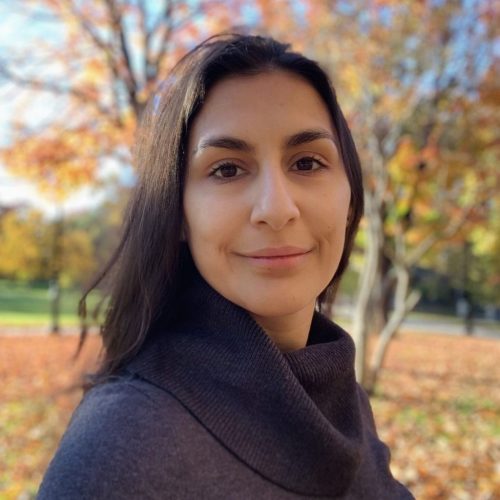
Ana McMonigle is a senior attorney in CLF’s Strategic Litigation program.
Prior to joining CLF, Ana practiced civil and criminal law while working at private firms and for the State of Connecticut. Before that, she served as a judicial law clerk at the Connecticut Superior Court and the Connecticut Appellate Court. Ana is admitted to practice law in New York, Connecticut, and the U.S. District Court for the District of Connecticut. She holds a J.D. from Vermont Law School and a B.S. in Environmental Studies from the University of Vermont. In her free time, she enjoys exploring the great outdoors with her dog, grabbing a good meal with friends and family, and going to the theater.

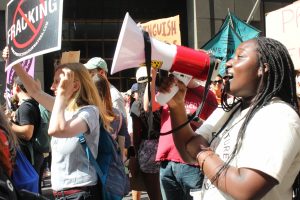
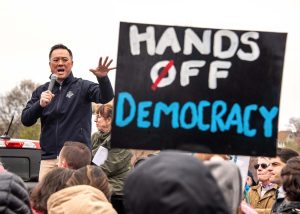

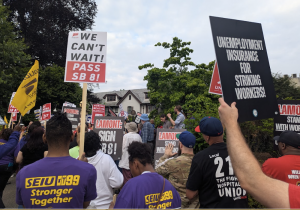
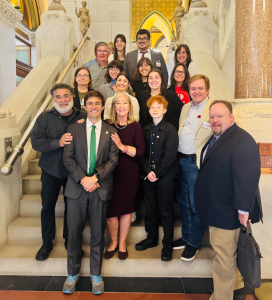
© 2022 Connecticut Roundtable on Climate and Jobs. All Rights Reserved. | contact | privacy policy